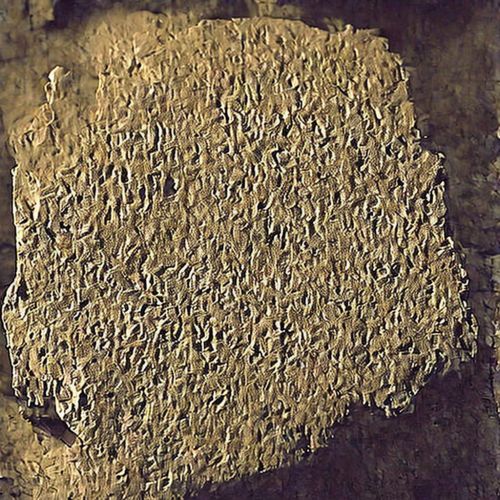Mosaic Law
Origins and Historical Context
Mosaic Law, also known as the Law of Moses, is a biblical term first found in the Book of Joshua. It refers to the system of moral, ceremonial, and civil laws given by God to the nation of Israel through Moses on Mount Sinai. The Mosaic Law is significant in both Jewish and Christian traditions, as it forms a central part of their respective religious texts and theological understanding.


The Mosaic Law is divided into three categories: moral, ceremonial, and civil. The moral laws, also known as the Ten Commandments, outline the basic obligations of humanity to God and to one another. The ceremonial laws govern the religious life of Israel, detailing the proper methods of worship, while the civil laws regulate the daily life and social justice within the community.
Moral Laws
The moral laws, as outlined in the Ten Commandments, serve as the ethical foundation of the Mosaic Law. They establish the basic duties of humanity towards God, such as the prohibition of idolatry, the sanctity of God's name, and the observance of the Sabbath. They also prescribe ethical conduct towards fellow human beings, including honoring one's parents, prohibitions against murder, adultery, theft, false testimony, and covetousness.
Ceremonial Laws
The ceremonial laws detail the regulations for worship and religious observance in ancient Israel. They include instructions for the construction and use of the Tabernacle, the roles and duties of the priests, the system of sacrifices, and the observance of religious festivals such as Passover, Pentecost, and the Day of Atonement. These laws served to distinguish the Israelites from their neighboring cultures and to facilitate their relationship with God.
Civil Laws
The civil laws of the Mosaic Law govern the daily life and social justice within the Israelite community. They cover a wide range of societal issues, including property rights, economic transactions, marital relations, and criminal justice. These laws reflect the social and cultural context of ancient Israel, but they also embody timeless principles of justice and equity.
Interpretation and Application
The interpretation and application of the Mosaic Law have been subjects of debate within both Jewish and Christian traditions. In Judaism, the Mosaic Law is seen as eternally binding, and its interpretation is a central task of Rabbinic Judaism. In Christianity, the Mosaic Law is viewed as fulfilled in the life and teachings of Jesus Christ, and its moral principles are seen as universally applicable, while its ceremonial and civil laws are considered specific to the ancient Israelite context.
